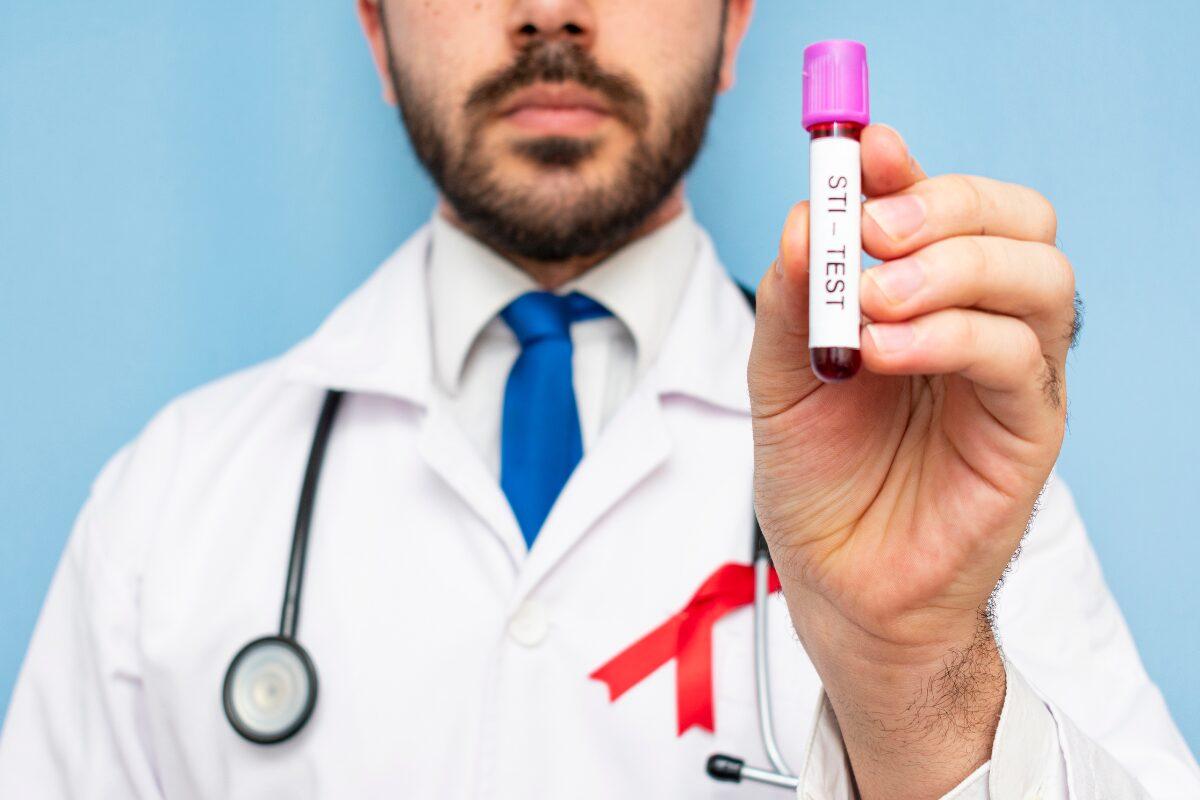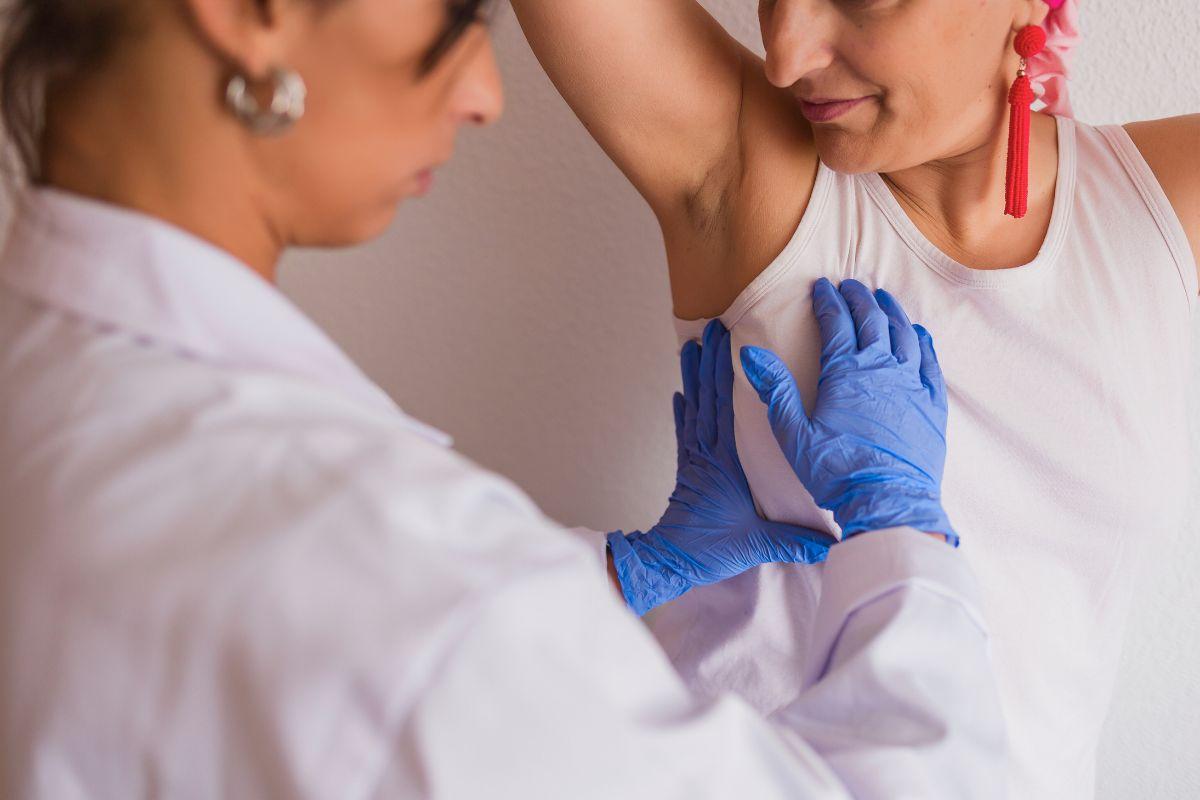Each year, millions of people in the world die due to undetected or untreated sexually transmitted infections (STI). STIs are infections passed from one person to another through sexual contact, including vaginal, anal, and oral sex. Talking about sexual health can feel uncomfortable, but it’s an important part of staying healthy. STI testing is fast, confidential, and available through your GP or sexual health clinic. Doctify helps patients find trusted doctors and clinics for confidential sexual health testing and advice.
Why STI Testing Matters
Many sexually transmitted infections (STIs) are silent and have no symptoms, but can still affect your health and fertility. Regular testing helps protect you and your partners, and ensures early treatment if needed. If diagnosed early, the treatment will be more effective and better. Getting tested isn’t about judgement — it’s about self-care and responsibility.
When to Consider an STI Test
People should consider taking an STI test in any of these situations:
- You’ve had unprotected sex (without a condom).
- You’ve started a new relationship or had a new sexual partner.
- You’ve been told that a partner has an STI.
- You’ve shared sex toys without cleaning them properly.
- You’re planning a pregnancy or fertility treatment.
- You or your partner have symptoms that are suggestive of STIs.
Common Symptoms to Watch For
The symptoms can be various, but among the most common and suggestive of STIs are:
- Burning or stinging when you urinate.
- Unusual discharge from the vagina, penis, or anus.
- Itching, pain, or irritation in the genital area.
- Sores, blisters, bumps, or rashes around the genitals or mouth.
- Pelvic or lower abdominal pain.
- Fever (temperature >38°C or 100.4°F).
- Unexpected weight loss.
- Irregular bleeding (for women).
Many people with STIs – like chlamydia or HPV – may have no symptoms at all, so regular testing is key.
What Happens During an STI Test
The STI test is a simple, quick, and confidential process. The process consists in taking a sample of the patient and analysing it. The sample can be: urine, swab, or blood, depending on the infection being tested. Results are usually shared confidentially within a few days. Yet, some clinics offer rapid testing with same-day results. Fortunately, most STIs are easily treatable once diagnosed.
Where to Get Tested
There are many places where you can get tested. For example, in GP surgery, where tests are confidential and non-judgmental. Also, in sexual health or GUM clinics for walk-in or booked appointments. As well, some pharmacies and online services offer home test kits. Doctify allows patients to find verified sexual health specialists or GPs nearby for private consultations.
How Often Should You Get Tested
The frequency of the tests vary between each case of the patients. If you’re sexually active, at least once a year. If you have multiple partners or don’t always use condoms, every 3–6 months. If you notice any changes in your sexual health, immediately. Or if you prefer, before starting a new relationship is also a good option.
How to Protect Yourself Between Tests
Below are some recommendations that will help you protect yourself between one test and another:
- Always use condoms or dental dams during sexual contact.
- Avoid sharing sex toys or clean them between uses.
- Get vaccinated for HPV and hepatitis B where eligible.
- Talk openly with partners about testing and sexual health.
When to See Your GP
Please contact your GP if you experience any of the following:
- Symptoms persist, worsen, or cause discomfort.
- You’re unsure what kind of test you need.
- You’re worried about possible exposure.
GPs can advise on next steps and arrange referral to a sexual health specialist if needed.
Conclusion
Sexual health is fundamental for the overall well-being, affecting physical, mental, and emotional health and impacting relationships. Talking about sexual life with the GP can be difficult for many, but it isn’t about judgement — it’s about self-care and responsibility. STI testing is simple, discreet, and a key part of maintaining good sexual health. Most STIs are easily treatable once diagnosed. Regular checks give peace of mind and help prevent long-term complications. There are many places for getting tested: GP surgery, sexual health or GUM clinics, or some pharmacies and online services that offer home test kits. We invite you to book a confidential appointment through Doctify with a GP or sexual health clinic to get tested and receive expert advice on safe sex and prevention.
Feel free to consult a GP through Doctify for personalised advice whenever you want, we will be happy to help you! Find the best GPs in the United Kingdom or search for the best specialists globally:
Medically Reviewed
Last reviewed on 28/10/2025




